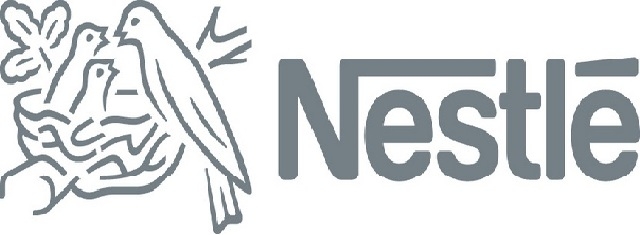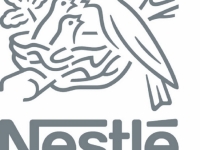Business
NESTLE ACCUSED OF WORKING WITH A THAI COMPANY SUSPECTED OF SLAVE LABOUR
CALIFORNIA CONSUMER CLASS ACTION LAWSUIT

(Source: Nestle)
Pet food buyers filled an action lawsuit in Los Angeles seeking to represent all California consumers of Fancy Feast claiming they would not have purchased the product had they known it had ties to slave labour. Nestle SA is sued over claims that its Fancy Feast cat food contains fish from a Thai supplier that uses slave labour.
The four consumers who filled the Nestle case in Los Angeles Federal Court, Steve Berman, a lawyer for the plaintiffs said in a statement "By hiding this from public view, Nestle has effectively tricked millions of consumers into supporting and encouraging slave labor on floating prisons".
The four consumers who filled the Nestle case in Los Angeles Federal Court, Steve Berman, a lawyer for the plaintiffs said in a statement "By hiding this from public view, Nestle has effectively tricked millions of consumers into supporting and encouraging slave labor on floating prisons".
Men and boys, often trafficked from Myanmar and Cambodia, are sold to fishing boat captains who need crews aboard their ship, the complaint said, alleging that many were working 20-hour shifts with little or no pay and facing beatings or even death if the work is deemed unsatisfactory.
The slavery lawsuits follow the publication last month of the U.S. State Department's annual report examining human trafficking in 188 countries, in which the agency cited concerns about slave labor in Thailand's fishing industry and faulted the Thai government's record in fighting exploitation.
The slavery lawsuits follow the publication last month of the U.S. State Department's annual report examining human trafficking in 188 countries, in which the agency cited concerns about slave labor in Thailand's fishing industry and faulted the Thai government's record in fighting exploitation.
Nestle stated "The elimination of forced labour in our seafood supply is a shared responsibility and we are committed to working with global and local stakeholders to tackle this serious and complex issue."
In 2001, Nestle and other top chocolate makers and cocoa processors agreed to a plan to investigate and end child slave-labor practices on farms in West Africa that supplied them with cocoa.
In 2001, Nestle and other top chocolate makers and cocoa processors agreed to a plan to investigate and end child slave-labor practices on farms in West Africa that supplied them with cocoa.
Ruby Bird Nestle Thai Company California Consumers Lawsuit Class Action Buyers Los Angeles Product Labour Slave Supplier Los Angeles Federal Court Steve Berman Prisons Plaintiffs Supporting Encouraging Myanmar Cambodia Crews
Liability for this article lies with the author, who also holds the copyright. Editorial content from USPA may be quoted on other websites as long as the quote comprises no more than 5% of the entire text, is marked as such and the source is named (via hyperlink).






